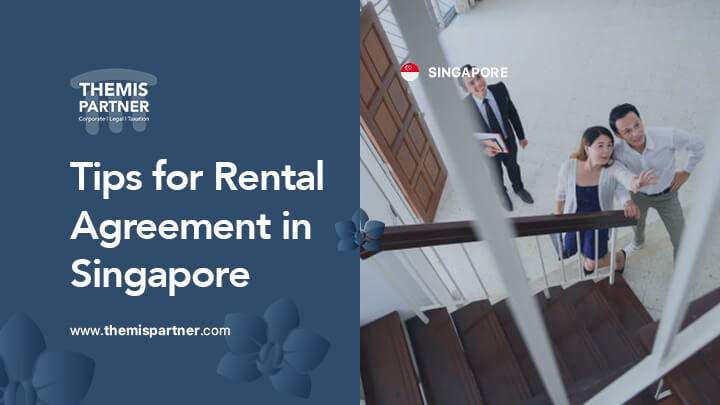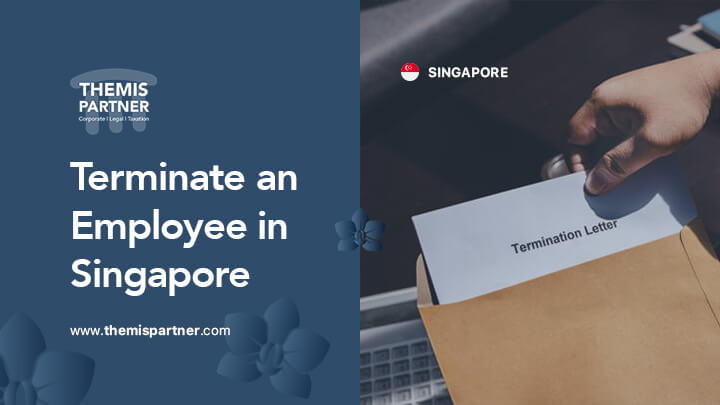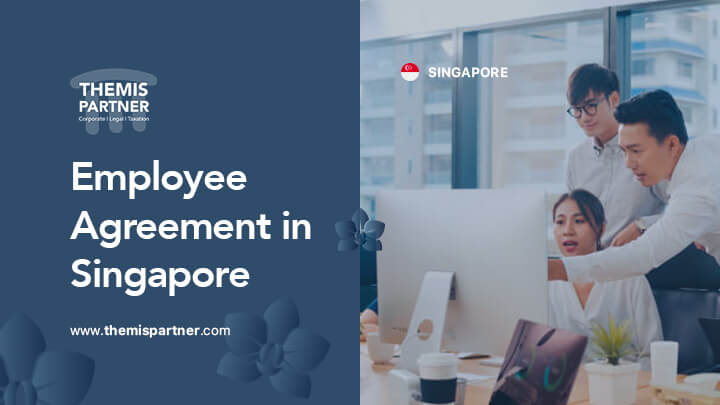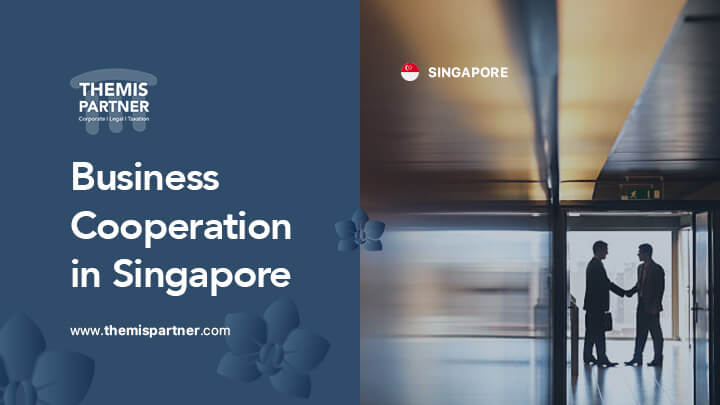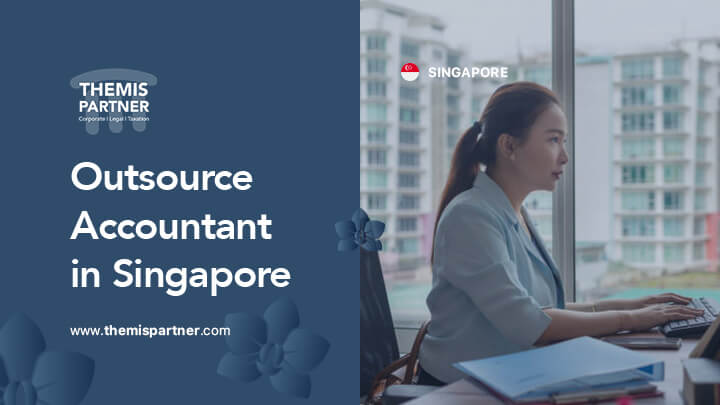A foreign individual or company may engage in business activities in various forms, such as share repurchase, financial or real estate investment, entrepreneurship or the formation of a partnership. While share buybacks, company mergers or real estate investments are subject to stamp duty, there is no legislative requirement for the extraneous nature of economic activities. However, this is not the case for a company registration.
One of the requirements to do business in Singapore is that at least one of the directors, officers, partners or managers must be a local resident. There are two situations:
1. If you are an overseas resident and wish to register a sole proprietorship or partnership in Singapore:
In this case, you must appoint at least one director or employ a legally authorized local manager resident in Singapore to manage the company if you wish to continue to reside outside Singapore. To qualify as a “resident”, the person must be a Singapore citizen, permanent resident or an EntrePass or Employment Pass holder.
2. You are a foreign entrepreneur residing in Singapore and you wish to create and doing business in Singapore:
It is possible to waive this requirement by submitting an application for an “Entrepreneur Pass” (EntrePass) to the Ministry of Manpower (MOM). Thus, eligible foreign entrepreneurs can obtain the EntrePass before incorporating a company or within six months of incorporation from the Accounting and Corporate Regulatory Authority of Singapore (“ACRA”). It is also possible, with a Dependant’s Pass (DP), to apply for a Letter of Consent (“LOC”) from the Ministry of Manpower once the company is registered in order to independently manage the business.
Influenced by the Civil Code and the Companies Act, the formation of a company in Singapore follows a particular process set out in statutory requirements.
The process is as follows:
| ➤ The choice of a type of company and the appointment of an authorized representative |
| ➤ Reservation of a name for the company. |
| ➤ Registration of the company with ACRA, which is equivalent to advertising |


